
– By Tanya Mittal
– Intern IPPCS’21
– Student, Lady Shri Ram College
Introduction
For decades, uneasy governance has prevailed in Jammu and Kashmir (J&K), wrecked by incessant military incursions, terrorist attacks and police curfews. J&K was promised to be involved in the mainstream of Indian politics to safeguard it from falling into foreign hands, with the abrogation of Article 370. This 70-year-old provision had given special autonomy to the state. One year later, here we are, inching towards normalcy in the region, pledging for the residents to have equal access and enjoy the same rights, privileges and facilities as the rest of the country. Let’s look at the development initiatives introduced in the region through the course of this article.
The abrogation of special status has extended the reach of Parliament and Indian Constitution over the region in its entirety. The region, rife with separatism, communalism and religious intolerance, saw a bill to divide the region into two parts (Jammu & Kashmir and Ladakh), both under the direct control of the Central Government. The reorganization appendix gives an insight to which former laws passed by the state have been retained, repealed, and which central laws have been extended. For example, 164 laws in total – 153 State laws and 11 Governor’s Acts – have been repealed; 166 state laws have been retained; 7 state laws have been retained with amendments; 106 central laws have been made applicable. The Right to Information Act, 2005 and the Representation of People Act, 1951 are among the laws being extended to the Union Territory, in their entirety.
Reduction in Corruption
With corruption almost becoming second nature to the political elites and administrators, the immediate casualty in J&K has been effective governance and justice. This has undermined the trust in democracy and shattered their faith in the legitimacy of the politico-administrative setup, posing a direct challenge to peace operations. Pre-abrogation, anti-corruption agencies were not allowed, and RTI (Right to Information) was not implemented. The situation has been relieved since then, paving the way for curbing corrupt practices. For instance, the CMS-India corruption study reported that in 2017-2018, the Central Government spent Rs. 8227 per person in rest of India whereas in J&K it spent Rs. 27258 per person, (despite a lower population rate) which was eventually not availed by each and every person equally.
There’s a hindi proverb, Jaisa Raja Waisi Praja, [like (the) king, like people]. This imbibes the overall need for accountable leaders in J&K. Citizens have witnessed frequent house arrests of their leaders frequently and this is a discouraging sight! After 370, the state administration invoked the Public Safety Act (PSA) against 444 persons out of which nearly 300 have been released so far. While 51 of them were set free on the orders of J&K High Court, others were also freed after administrative reviews, with the conditions that they will not issue any (political) statements.
Involvement of the youth in mainstream
Now is the time to renew ties with the region by initiating a series of serious and sincere interlocution measures to win over the confidence of the alienated population i.e the Youth of Jammu and Kashmir. It is necessary to focus on local issues and nurture new local leadership. Higher degree of financial autonomy in terms of better job prospects for youth and flexible property rights.Assembly elections will provide more political options for the youth to contest/ (and) choose from.
Awam Ki Baat, a novel initiative of the Office of the Lieutenant Governor, aims at disseminating the progressive steps taken by the administration and seeks public feedback to make the process interactive, participative and people centric. It gives the youth a platform to channel their energies in the right direction, like participation in governance.
A major concern that continues to affect the youth, is Narcotics, posing a challenge to the security forces, the local administration and the Union government alike. From 201 instances of youth joining radicalized outfits in 2018, the situation has slowly been brightening, with 167 such incidents being recorded in 2020 and 20 in the current year.
Despite these numbers, the security forces have been working round-the-clock to ensure any and all chances are given to the radicalized youth to drop their arms and surrender to the security forces, who work with the local police to help such youth undergo de-radicalization, through various education and skill development programmes aimed at giving the youth other avenues to explore and nurture their talents. The local police also work with the health administration in the Union Territory to ensure proper de-addiction measures are applied to take the youth out of the menace of drug addiction, while also taking care of their psychological well-being.
Another cause for concern is the radicalization of said youth through online means, especially through the various social media channels. Since August 2019, the union government has taken the drastic, but necessary step, to establish a shutdown of many internet services in the area, with the restoration of the same coming into effect as the whole country started coming out of the nationwide lockdown in the latter half of 2020. While considered draconian, and in many cases unnecessary, this step has been necessary to curb the dissemination of material used for the radicalization of the youth, by either spreading unsubstantiated news about the government’s efforts to bring peace to the valley and beyond, or by stoking the feelings of apathy and anger towards the security forces of the area. It is undoubtedly true that these internet shutdowns have adversely affected all sections of the populace. But, these drastic steps were necessary to try and bring about an end to the online radicalization the youth experience, sometimes at the touch of a few buttons.
Public Delivery of Healthcare :
Due to the disputed articles 370 and 35A, there was irregular investment by the private hospitals in J&K, until present times. According to media reports, to strengthen the J&Khealth system, a budgetary allocation of Rs. 963 crore (11 million GBP) has been made under the National Health Mission, for this year. Two premier medical teaching institutes (All India Institutes of Medical Sciences, AIIMS) are in the process of being set up in Vijaynagar area of J&K’s Samba district and in Awantipura in the South Kashmir.
Economic Development :
The pandemic has had a significant impact on the region’s economic growth, especially in the tourism sector. As tourism occupies a central role in the economy of the region and is crucial to support local business, the government has invested further in the Khelo winter games, with a long term objective of making J&K an international attraction for winter sports and games. This increase in tourism will also bring with it growth in small scale artisans and craftsmanship such as garment makers, rugs and silk products which are already popular worldwide. To further aid and promote MSMEs in the region, the Small Industries Development Bank of India and the Chamber of Commerce have entered into an MoU to increase credit facilities available to local entrepreneurship and businesses. Local commerce bodies and civil society groups are also organising webinars to increase local knowledge regarding the facilities available to MSMEs under the Central Government’s schemes.
Apart from these, over 70 central government schemes for rural development have been initiated in the region to facilitate greater integration within both the Jammu and Kashmir region, as well as with the rest of the country.
Education :
Education is directly linked with the growth of the economy. Hence, the government has been taking steps to enhance the education system and move ahead in the development stage which is indicated by setting up premier institutions such as IIT, IIM, NIFT, NIMC. Such quality educational organizations will be accessible to the youth right in their state. This aims to bridge the wide gap prevailing between curriculum and industry and infuse confidence into the students.
Earlier, the lack of effective monitoring led to the quality of education being subpar. Now with the abrogation of 370, the RTE act will now be applicable for free and compulsory Elementary Education to children of 6-14 years with a proper monitoring and impact assessment.
Conclusion :
Kashmir is known for its glorious past and it is high time that this glory returns to the valley. It is important to remember the land being fought over in Kashmir for years is not as important as the people and their right to peace, security and to enjoy the fruits of development!
References
- https://www.aljazeera.com/news/2019/08/kashmir-india-modi-hails-path-breaking-lockdown-190815053324652.html
- https://www.theguardian.com/world/2019/aug/06/india-kashmir-pakistan-will-go-to-any-extent-to-protect-kashmiris-special-status
- https://www.fairobserver.com/region/central_south_asia/kashmir-war-conflict-india-pakistan-peace-south-asia-politics-news-this-week-71417/
- https://www.census2011.co.in/census/state/jammu+and+kashmir.html
- https://www.business-standard.com/article/current-affairs/scrapping-article-370-to-bring-immense-benefits-for-j-k-ladakh-president-119081401595_1.html
- The trade and commerce of Kashmir under Dogras (1885-1925 a.d.) – Parvez Ahmad
- Law, Governance and Gender in Indian-Administered Kashmir – Seema Kazi
- Frontline and The Hindu articles



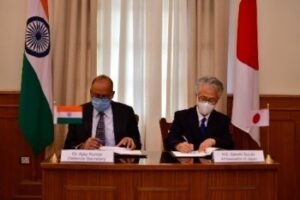

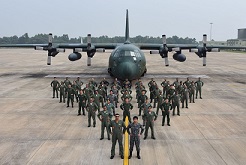



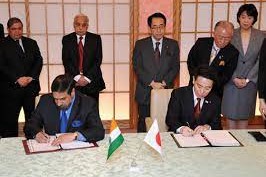

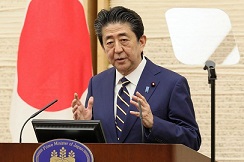
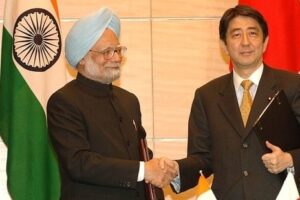
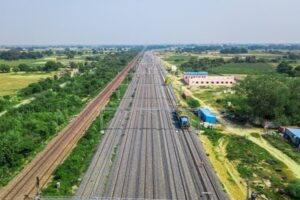
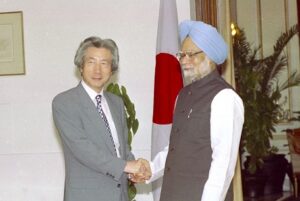

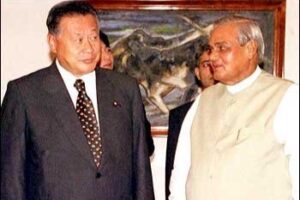

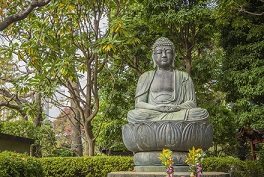



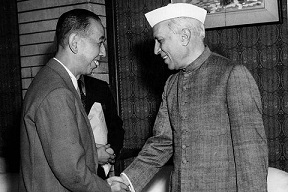






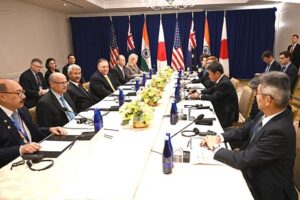



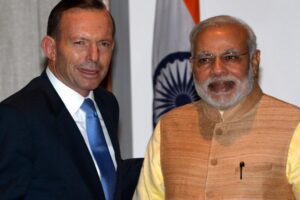

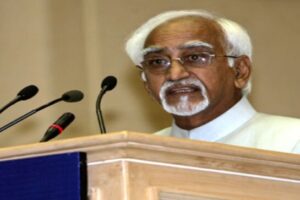



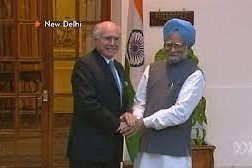
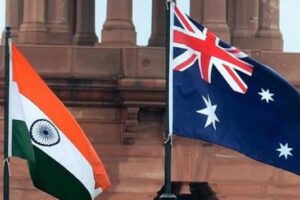


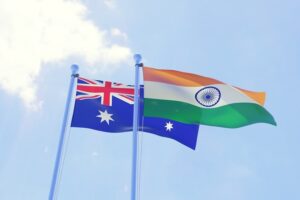

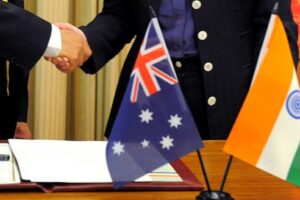
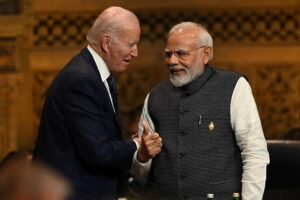


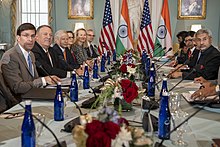

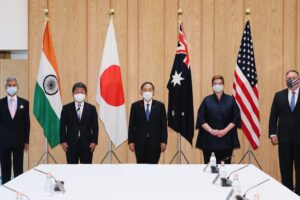
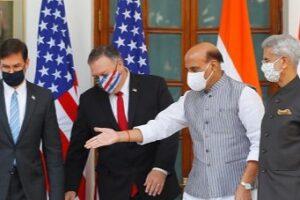
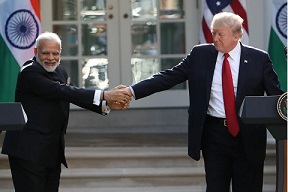
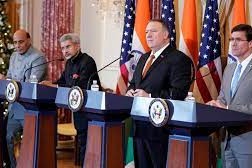

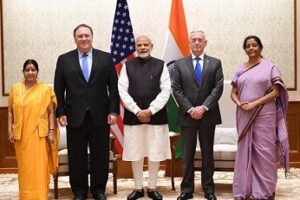

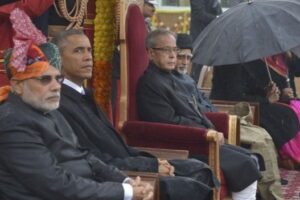
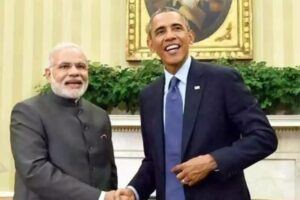
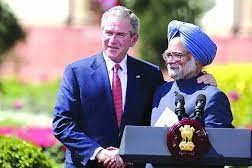
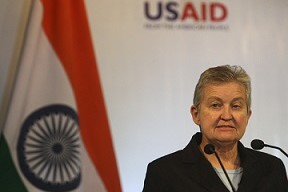
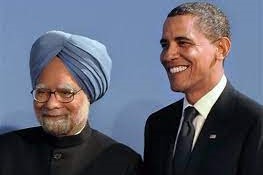
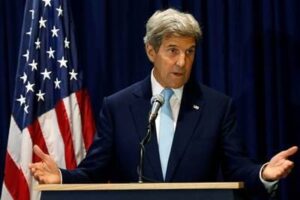
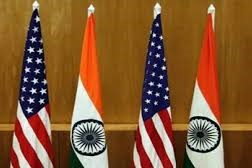
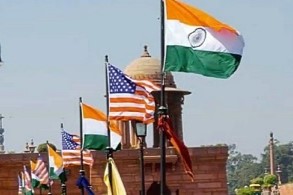
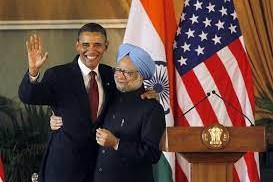

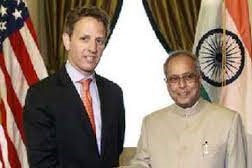

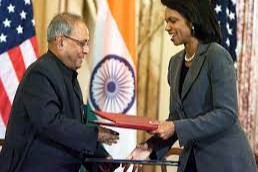

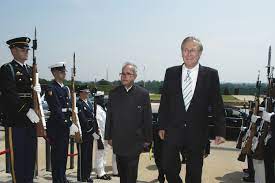


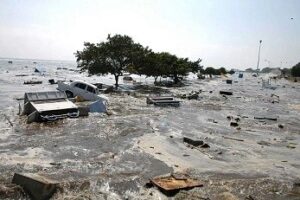

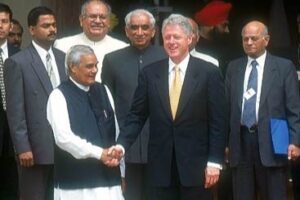
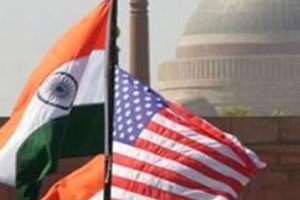
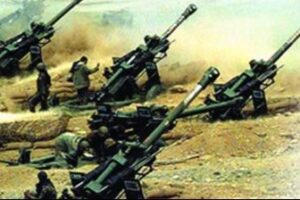
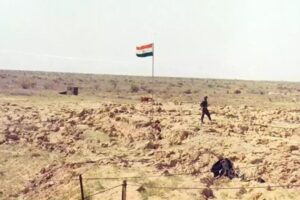 onducted a total of five underground nuclear tests, breaking a 24-year self-imposed moratorium on nuclear testing. Pakistan followed, claiming 5 tests on May 28, 1998, and an additional test on May 30. The unannounced tests created a global storm of criticism, as well as a serious setback for decades of U.S. nuclear nonproliferation efforts in South Asia. On May 13, 1998, President Clinton imposed economic and military sanctions on India, mandated by Section 102 of the Arms Export Control Act (AECA), and applied the same sanctions to Pakistan on May 30. Some effects of the sanctions on India included: termination of $21 million in FY1998 economic development assistance; postponement of $1.7 billion in lending by the International Financial Institutions (IFI), as supported by the Group of Eight (G-8) leading industrial nations; prohibition on loans or credit from U.S. banks to the government of India; and termination of Foreign Military Sales under the Arms Export Control Act. Humanitarian assistance, food, or other agricultural commodities are excepted from sanctions under the law.
onducted a total of five underground nuclear tests, breaking a 24-year self-imposed moratorium on nuclear testing. Pakistan followed, claiming 5 tests on May 28, 1998, and an additional test on May 30. The unannounced tests created a global storm of criticism, as well as a serious setback for decades of U.S. nuclear nonproliferation efforts in South Asia. On May 13, 1998, President Clinton imposed economic and military sanctions on India, mandated by Section 102 of the Arms Export Control Act (AECA), and applied the same sanctions to Pakistan on May 30. Some effects of the sanctions on India included: termination of $21 million in FY1998 economic development assistance; postponement of $1.7 billion in lending by the International Financial Institutions (IFI), as supported by the Group of Eight (G-8) leading industrial nations; prohibition on loans or credit from U.S. banks to the government of India; and termination of Foreign Military Sales under the Arms Export Control Act. Humanitarian assistance, food, or other agricultural commodities are excepted from sanctions under the law. 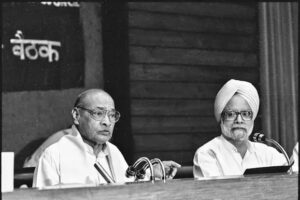
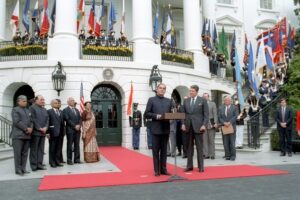


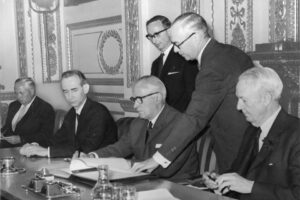
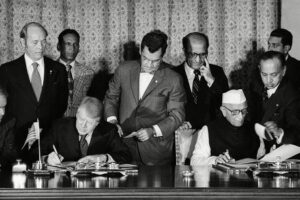
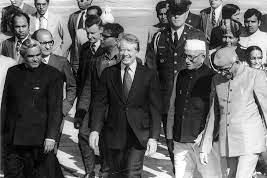
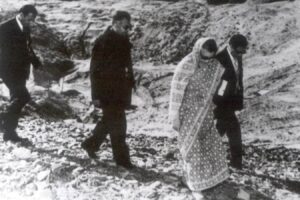
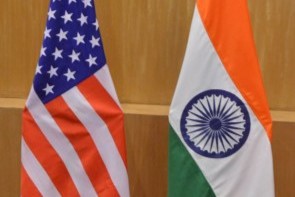



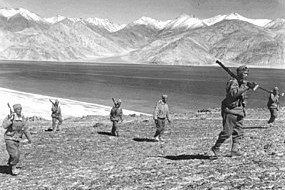



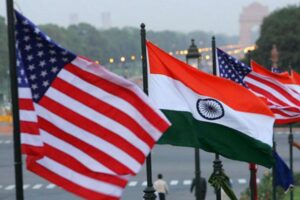
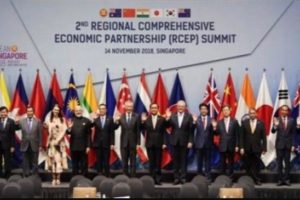 The first ministerial level meeting of QUAD was held on the sidelines of the United Nations General Assembly in New York. Before this, the QUAD had
The first ministerial level meeting of QUAD was held on the sidelines of the United Nations General Assembly in New York. Before this, the QUAD had AusIndEx is an exercise between India and Australia which was first held in 2015.The Australian
AusIndEx is an exercise between India and Australia which was first held in 2015.The Australian 
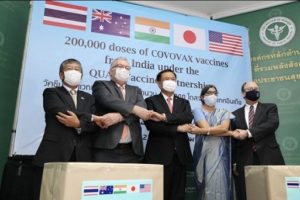
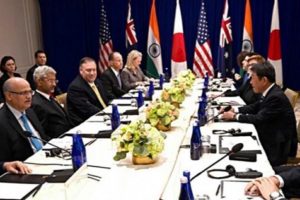





 On recommendations of the Japanese government, the four countries met at Manila, Philippines for ASEAN Regional Forum (ARF) originally, but also ended up having a meeting of what we call the first meeting of four nation states on issues of
On recommendations of the Japanese government, the four countries met at Manila, Philippines for ASEAN Regional Forum (ARF) originally, but also ended up having a meeting of what we call the first meeting of four nation states on issues of 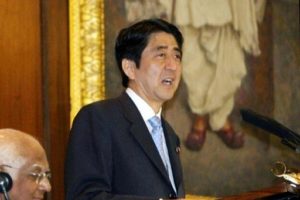 On his official visit to India, Japanese PM Mr. Shinzo Abe reinforced the ties of two nations, i.e., Japan and India with his famous speech about
On his official visit to India, Japanese PM Mr. Shinzo Abe reinforced the ties of two nations, i.e., Japan and India with his famous speech about  In 2007, Japanese President Shinzo Abe resigned from his post citing health reasons. This had a significant impact on QUAD as he was the architect & advocate of QUAD. His successor, Yasuo Fukuda, did not take up QUAD with such zeal leading to dormancy of the forum. (
In 2007, Japanese President Shinzo Abe resigned from his post citing health reasons. This had a significant impact on QUAD as he was the architect & advocate of QUAD. His successor, Yasuo Fukuda, did not take up QUAD with such zeal leading to dormancy of the forum. (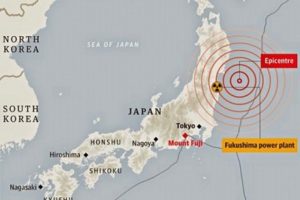 Japan earthquake and tsunami of 2011, also called Great Sendai Earthquake or Great Tōhoku Earthquake, was a 9.0 magnitude earthquake which struck below the floor of the Western Pacific at 2:49 PM. The powerful earthquake affected the northeastern coast of Honshu, Japan’s main island, and also initiated a series of large tsunami waves that devastated coastal areas of Japan, which also led to a major nuclear accident. Japan received aid from India, US, Australia as well as other countries. US Navy aircraft carrier was dispatched to the area and Australia sent search-and-rescue teams.
Japan earthquake and tsunami of 2011, also called Great Sendai Earthquake or Great Tōhoku Earthquake, was a 9.0 magnitude earthquake which struck below the floor of the Western Pacific at 2:49 PM. The powerful earthquake affected the northeastern coast of Honshu, Japan’s main island, and also initiated a series of large tsunami waves that devastated coastal areas of Japan, which also led to a major nuclear accident. Japan received aid from India, US, Australia as well as other countries. US Navy aircraft carrier was dispatched to the area and Australia sent search-and-rescue teams. 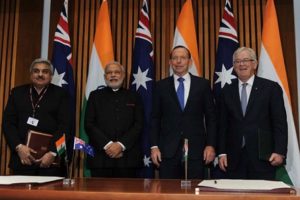 India and Australia signed the
India and Australia signed the 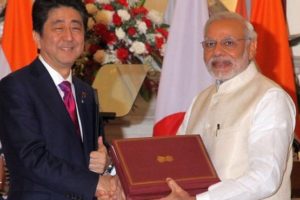 The India-Japan Agreement for Cooperation in the Peaceful Uses of Nuclear Energy was signed on 11 November, 2016 and came into force on 20 July, 2017 which was representative of strengthening ties between India and Japan. Diplomatic notes were exchanged between Dr. S. Jaishankar and H.E. Mr. Kenji Hiramatsu, Ambassador of Japan to India. (
The India-Japan Agreement for Cooperation in the Peaceful Uses of Nuclear Energy was signed on 11 November, 2016 and came into force on 20 July, 2017 which was representative of strengthening ties between India and Japan. Diplomatic notes were exchanged between Dr. S. Jaishankar and H.E. Mr. Kenji Hiramatsu, Ambassador of Japan to India. ( The foreign ministry
The foreign ministry The Officials of QUAD member countries met in Singapore on November 15, 2018 for consultation on regional & global issues of common interest. The main discussion revolved around connectivity, sustainable development, counter-terrorism, maritime and cyber security, with the view to promote peace, stability and prosperity in the
The Officials of QUAD member countries met in Singapore on November 15, 2018 for consultation on regional & global issues of common interest. The main discussion revolved around connectivity, sustainable development, counter-terrorism, maritime and cyber security, with the view to promote peace, stability and prosperity in the  The 23rd edition of trilateral Malabar maritime exercise between India, US and Japan took place on 26 September- 04 October, 2019 off the coast of Japan.
The 23rd edition of trilateral Malabar maritime exercise between India, US and Japan took place on 26 September- 04 October, 2019 off the coast of Japan.  After the first ministerial level meeting of QUAD in September, 2019, the senior officials of US, Japan, India and Australia again met for consultations in Bangkok on the margins of the East Asia Summit. Statements were issued separately by the four countries. Indian Ministry of External Affairs said “In statements issued separately by the four countries, MEA said, “proceeding from the strategic guidance of their Ministers, who met in New York City on the sidelines of the UN General Assembly recently, the officials exchanged views on ongoing and additional practical cooperation in the areas of connectivity and infrastructure development, and security matters, including counterterrorism, cyber and maritime security, with a view to promoting peace, security, stability, prosperity in the Indo-Pacific region.”
After the first ministerial level meeting of QUAD in September, 2019, the senior officials of US, Japan, India and Australia again met for consultations in Bangkok on the margins of the East Asia Summit. Statements were issued separately by the four countries. Indian Ministry of External Affairs said “In statements issued separately by the four countries, MEA said, “proceeding from the strategic guidance of their Ministers, who met in New York City on the sidelines of the UN General Assembly recently, the officials exchanged views on ongoing and additional practical cooperation in the areas of connectivity and infrastructure development, and security matters, including counterterrorism, cyber and maritime security, with a view to promoting peace, security, stability, prosperity in the Indo-Pacific region.”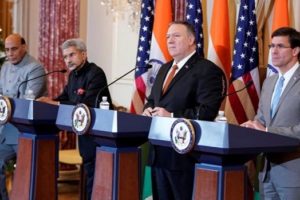 US 2+2 Ministerial Dialogue was held on 18 December, 2019, in Washington DC. Secretary of State Michael R. Pompeo and Secretary of Defense Mark T. Esper will host Indian Minister of External Affairs Dr. S. Jaishankar and Minister of Defense Shri Rajnath Singh. The discussion focussed on deepening bilateral strategic and defense cooperation, exchanging perspectives on global developments, and our shared leadership in the Indo-Pacific region.The two democracies signed the Industrial Security Annex before the 2+2 Dialogue. Assessments of the situation in Afghanistan, Pakistan, Nepal, Sri Lanka, and the Indian Ocean region in general were shared between both countries. (
US 2+2 Ministerial Dialogue was held on 18 December, 2019, in Washington DC. Secretary of State Michael R. Pompeo and Secretary of Defense Mark T. Esper will host Indian Minister of External Affairs Dr. S. Jaishankar and Minister of Defense Shri Rajnath Singh. The discussion focussed on deepening bilateral strategic and defense cooperation, exchanging perspectives on global developments, and our shared leadership in the Indo-Pacific region.The two democracies signed the Industrial Security Annex before the 2+2 Dialogue. Assessments of the situation in Afghanistan, Pakistan, Nepal, Sri Lanka, and the Indian Ocean region in general were shared between both countries. (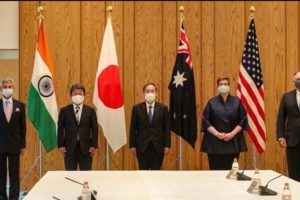 The foreign ministers of QUAD continued their discussions from the last ministerial level meeting in 2019, on 6 October, 2020. While there was no joint statement released, all countries issued individual readouts. As per the issue readout by India, the discussion called for a coordinated response to the challenges including financial problems emanating from the pandemic, best practices to combat Covid-19, increasing the resilience of supply chains, and enhancing access to affordable vaccines, medicines and medical equipment. There was also a focus on maintaining stability in the Indo-Pacific region amidst growing tensions. Australian media release mentions “We emphasised that, especially during a pandemic, it was vital that states work to ease tensions and avoid exacerbating long-standing disputes, work to counter disinformation, and refrain from malicious cyberspace activity. Ministers reiterated that states cannot assert maritime claims that are inconsistent with international law, particularly the United Nations Convention on the Law of the Sea (UNCLOS).”
The foreign ministers of QUAD continued their discussions from the last ministerial level meeting in 2019, on 6 October, 2020. While there was no joint statement released, all countries issued individual readouts. As per the issue readout by India, the discussion called for a coordinated response to the challenges including financial problems emanating from the pandemic, best practices to combat Covid-19, increasing the resilience of supply chains, and enhancing access to affordable vaccines, medicines and medical equipment. There was also a focus on maintaining stability in the Indo-Pacific region amidst growing tensions. Australian media release mentions “We emphasised that, especially during a pandemic, it was vital that states work to ease tensions and avoid exacerbating long-standing disputes, work to counter disinformation, and refrain from malicious cyberspace activity. Ministers reiterated that states cannot assert maritime claims that are inconsistent with international law, particularly the United Nations Convention on the Law of the Sea (UNCLOS).” On September 24, President Biden hosted Prime Minister Scott Morrison of Australia, Prime Minister Narendra Modi of India, and Prime Minister Yoshihide Suga of Japan at the White House for the first-ever in-person Leaders’ Summit of the QUAD. The leaders released a Joint Statement which summarised their dialogue and future course of action. The regional security of the Indo-Pacific and strong confidence in the ASEAN remained on the focus along with response to the Pandemic.
On September 24, President Biden hosted Prime Minister Scott Morrison of Australia, Prime Minister Narendra Modi of India, and Prime Minister Yoshihide Suga of Japan at the White House for the first-ever in-person Leaders’ Summit of the QUAD. The leaders released a Joint Statement which summarised their dialogue and future course of action. The regional security of the Indo-Pacific and strong confidence in the ASEAN remained on the focus along with response to the Pandemic.  The QUAD Vaccine Partnership was announced at the first QUAD Summit on 12 March 2021 where QUAD countries agreed to deliver 1.2 billion vaccine doses globally. The aim was to expand and finance vaccine manufacturing and equipping the Indo-Pacific to build resilience against Covid-19. The launch of a senior-level QUAD Vaccine Experts Group, comprised of top scientists and officials from all QUAD member governments was also spearheaded.
The QUAD Vaccine Partnership was announced at the first QUAD Summit on 12 March 2021 where QUAD countries agreed to deliver 1.2 billion vaccine doses globally. The aim was to expand and finance vaccine manufacturing and equipping the Indo-Pacific to build resilience against Covid-19. The launch of a senior-level QUAD Vaccine Experts Group, comprised of top scientists and officials from all QUAD member governments was also spearheaded.  Although the Tsunami Core group had to be disbanded on fulfilment of its purpose, however the quadrilateral template that formed remained intact as a successful scaffolding of four countries, as stated by authors Patrick Gerard Buchan and Benjamin Rimland in their diplomatic brief about QUAD ( you can access the brief at
Although the Tsunami Core group had to be disbanded on fulfilment of its purpose, however the quadrilateral template that formed remained intact as a successful scaffolding of four countries, as stated by authors Patrick Gerard Buchan and Benjamin Rimland in their diplomatic brief about QUAD ( you can access the brief at 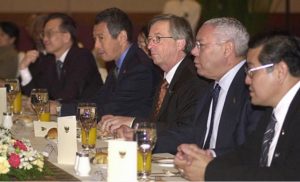 Secretary of State Colin Powell stated that the Core Tsunami Group was to be disbanded and folded and clubbed with the broader United Nations led Relief Operations. In a Tsunami Relief Conference in Jakarta, Secretary Powell stated that
Secretary of State Colin Powell stated that the Core Tsunami Group was to be disbanded and folded and clubbed with the broader United Nations led Relief Operations. In a Tsunami Relief Conference in Jakarta, Secretary Powell stated that 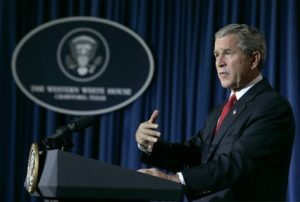 Soon after the Earthquake and Tsunami crisis, humanitarian reliefs by countries, viz., US, India, Japan, and Australia started to help the 13 havoc-stricken countries. The US initially promised $ 35 Millions in aid. However, on 29
Soon after the Earthquake and Tsunami crisis, humanitarian reliefs by countries, viz., US, India, Japan, and Australia started to help the 13 havoc-stricken countries. The US initially promised $ 35 Millions in aid. However, on 29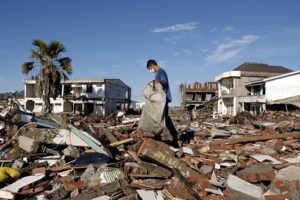 At 7:59AM local time, an earthquake of 9.1 magnitude (undersea) hit the coast of Sumatra, an Indonesian island. As a result of the same, massive waves of Tsunami triggered by the earthquake wreaked havoc for 7 hours across the Indian Ocean and to the coastal areas as far away as East Africa. The infamous Tsunami killed around 225,000 people, with people reporting the height of waves to be as high as 9 metres, i.e., 30 feet. Indonesia, Srilanka, India, Maldives, Thailand sustained horrendously massive damage, with the death toll exceeding 200,000 in Northern Sumatra’s Ache province alone. A great many people, i.e., around tens of thousands were found dead or missing in Srilanka and India, mostly from Andaman and Nicobar Islands of Indian territory. Maldives, being a low-lying country, also reported casualties in hundreds and more, with several non-Asian tourists reported dead or missing who were vacationing. Lack of food, water, medicines burgeoned the numbers of casualties, with the relief workers finding it difficult to reach the remotest areas where roads were destroyed or civil war raged. Long-term environmental damage ensued too, as both natural and man-made resources got demolished and diminished.
At 7:59AM local time, an earthquake of 9.1 magnitude (undersea) hit the coast of Sumatra, an Indonesian island. As a result of the same, massive waves of Tsunami triggered by the earthquake wreaked havoc for 7 hours across the Indian Ocean and to the coastal areas as far away as East Africa. The infamous Tsunami killed around 225,000 people, with people reporting the height of waves to be as high as 9 metres, i.e., 30 feet. Indonesia, Srilanka, India, Maldives, Thailand sustained horrendously massive damage, with the death toll exceeding 200,000 in Northern Sumatra’s Ache province alone. A great many people, i.e., around tens of thousands were found dead or missing in Srilanka and India, mostly from Andaman and Nicobar Islands of Indian territory. Maldives, being a low-lying country, also reported casualties in hundreds and more, with several non-Asian tourists reported dead or missing who were vacationing. Lack of food, water, medicines burgeoned the numbers of casualties, with the relief workers finding it difficult to reach the remotest areas where roads were destroyed or civil war raged. Long-term environmental damage ensued too, as both natural and man-made resources got demolished and diminished.
No responses yet